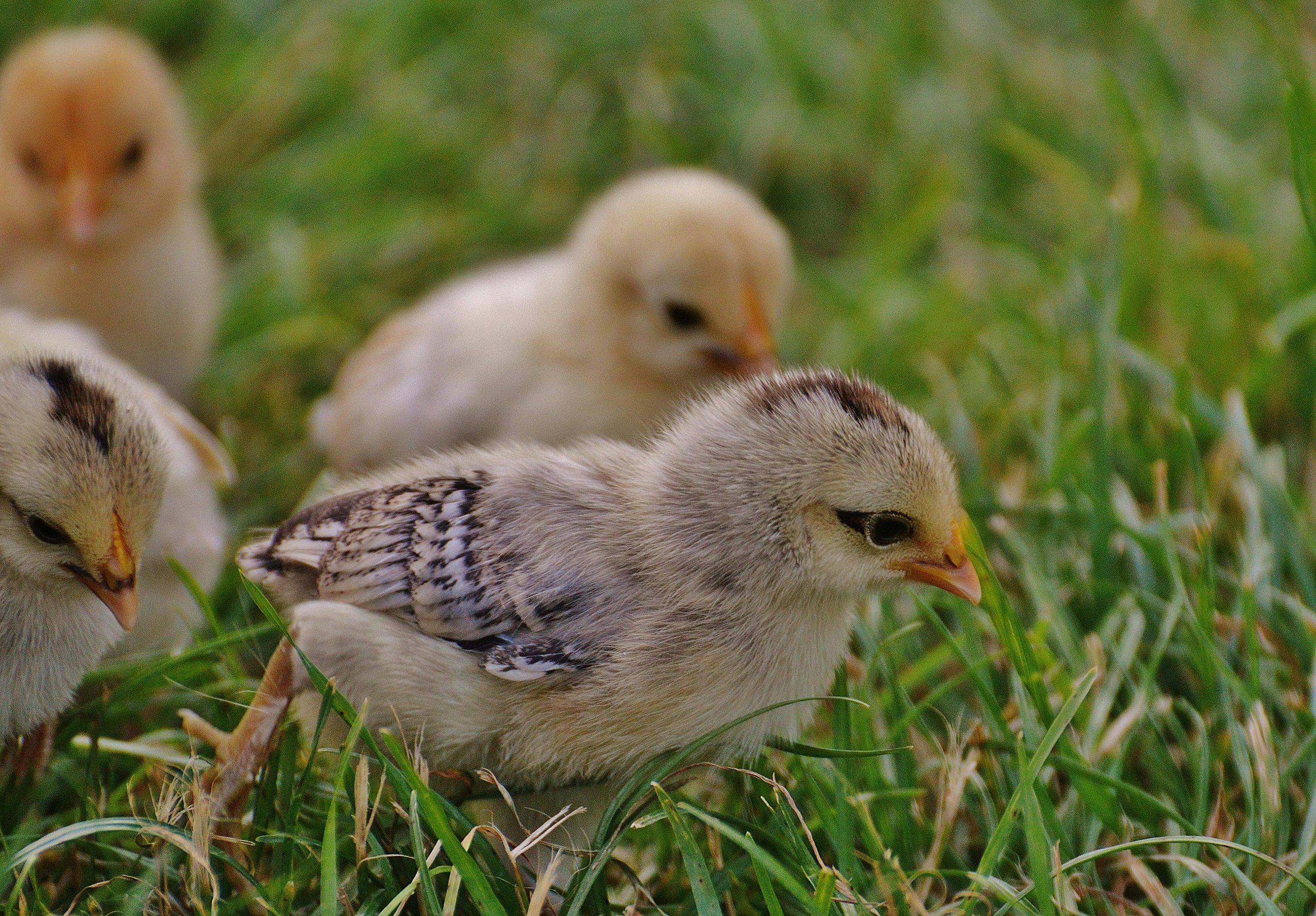Researcher: Seven billion newly hatched chicks are killed every year – but a ban is not the solution
Annually, the global egg industry kills seven billion day-old male chicks because they don’t lay eggs and aren’t worth raising for meat. While several countries have banned the practice, neither bans nor other current solutions are sustainable, says a researcher at the University of Copenhagen.
With Easter just around the corner, we are surrounded by a ubiquity of eggs and adorable yellow chicks that symbolize life and resurrection. In stark contrast is the fact that around seven billion male layer chicks, are shredded or gassed alive by the egg industry every year, just hours after they hatch. Male chicks of course cannot lay eggs, and they are furthermore not worth fattening up like broilers, due to decades of specialized breeding toward either egg laying or meat production – but not both.
From "Honey Laundering' to fake free-range: Food Fraud costs Billions
Our food supply chains are now longer, more complex and faster than ever before, with some blind spots that cannot be regulated.
This breach of trust – known as food fraud – happens when food producers or distributors intentionally deceive consumers, shops and restaurants about the quality and contents of the foods they are purchasing. Consumers face wasting money on lower-quality products, or more worryingly, eating food adulterated with toxic ingredients or undeclared allergens.
Food fraud can occur in the raw food itself, an ingredient, the final product or in the food’s packaging, sometimes with fatal results. There are some tips for consumers to avoid food fraud, but we also need better ways to prevent and detect it.
Pesticide-free as a new pathway for agriculture
A new approach is gaining momentum in European agriculture: a “third way” that lies between conventional production and organic farming systems. Here farmers must forego synthetic pesticides, but these only – which is simpler to implement than a switch to organic farming. At the same time, this move will achieve the ambitious targets that Switzerland and Europe have set themselves for more sustainable plant protection. Pesticide use is associated with considerable risks for the environment, biodiversity and human health.

